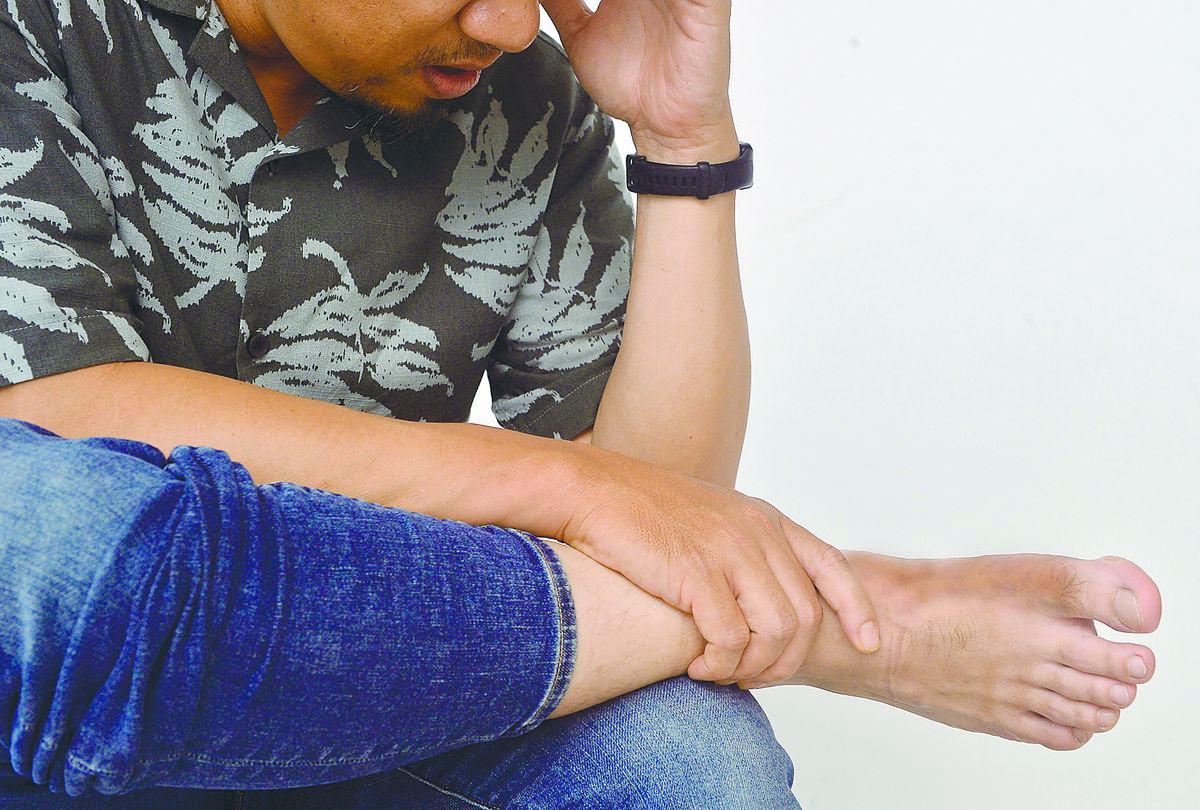PETALING JAYA: Malaysia is grappling with a silent problem as gout cases continue to climb, with health experts warning that the surge is driven by poor dietary habits, rising obesity rates and a lack of awareness on the condition.
Previously seen as a condition affecting only the elderly or wealthy, gout is a growing public health issue in Malaysia, where more than half of adults are either overweight or obese, placing the country among the most overweight in Asia.
Sunway Medical Centre consultant rheumatologist and internal medicine specialist Dr Lydia Pok highlighted an estimated 4.35 million of gout sufferers across Southeast Asia, with the number of cases increasing by 21% between 1990 and 2020.
“In Malaysia, the surge is linked to modern diets, sedentary habits and rising obesity, making us one of the region’s most at-risk nations. Doctors are seeing cases in younger adults and untreated gout could lead to kidney disease, joint damage and serious long-term complications.
“The rising cases highlight the need for better awareness and early intervention,” she said.
She added that while gout was historically referred to as the “disease of kings” because of its association with overindulgence in rich foods and alcohol often accessible only to the wealthy in the past, it is no longer confined to the upper class.
She also said increased intake of high-purine foods, such as red meat, seafood and alcohol, raises uric acid levels, triggering flare-ups.
“Obesity is a major factor as excess weight impairs kidney function, making it harder to eliminate uric acid. Other contributing factors include metabolic syndrome, hypertension, diabetes and high cholesterol.
“Genetics also play a role. A family history of gout increases the likelihood of developing the condition due to genetic mutations that affect uric acid processing.”
Pok emphasised that a common misconception is that gout only affects middle-aged men.
She said while men are generally at higher risk, the condition could also occur in women, especially after menopause, and in rare cases, even in children.
“Another common myth is that gout is caused solely by diet. Other factors, such as genetics, certain medications and underlying health conditions, could also play a significant role.
“If left untreated, gout can lead to chronic joint damage and loss of mobility.”
She said ignoring gout could lead to more frequent and severe attacks as the condition worsens, pain intensifies, flare-ups last longer and multiple joints may be affected.
She stressed that long-term gout could lead to the formation of tophi, which are hardened uric acid deposits under the skin that cause discomfort and joint deformities.
“Over time, these deposits may damage joint tissue, leading to permanent mobility issues.
“A patient who initially experiences flare-ups every few months may start having them weekly if unmanaged. Severe cases could even require hospitalisation due to extreme joint pain.”
Pok urged individuals experiencing recurrent gout attacks to seek medical attention promptly, stressing that managing pain alone is not sufficient.
She said long-term treatment to lower uric acid levels is crucial in preventing serious complications.
“While concerns about medication side effects often deter treatment, discussing these with a healthcare provider to develop a personalised plan is important. Gout can be managed effectively with medication and lifestyle changes.”
In conjunction with World Gout Day today, she said taking proactive steps towards better joint health could significantly help prevent gout flare-ups.
“With early diagnosis, proper treatment and lifestyle changes, Malaysians could curb this silent epidemic. Awareness is key and when it comes to gout, prevention is always better than cure.”









